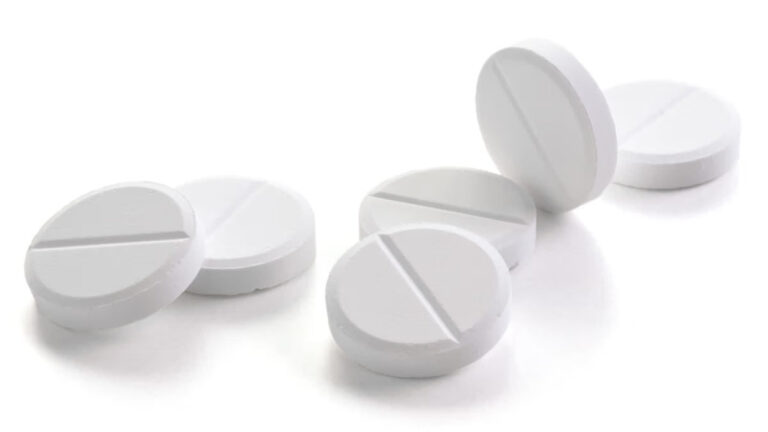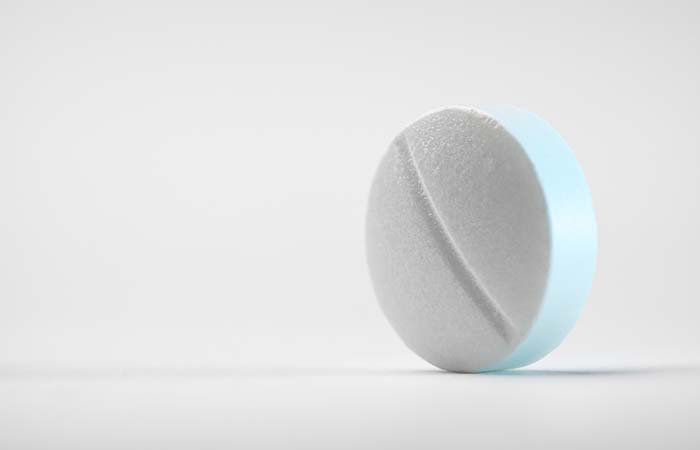Modafinil and Lexapro: Safety, Efficacy, and Clinical Insights
Modafinil and Lexapro are widely used medications with different primary purposes. Modafinil is prescribed for sleep disorders, while Lexapro (escitalopram) is an antidepressant. Interest in combining the two has increased, particularly among individuals with depression who struggle with fatigue or cognitive symptoms.
Modafinil: An Overview
Modafinil is a wakefulness-promoting medication primarily prescribed for narcolepsy, obstructive sleep apnea (OSA), and shift-work sleep disorder (FDA, 2015). It works by influencing neurotransmitters including dopamine, norepinephrine, and glutamate, contributing to improved alertness and cognitive function (Greenblatt & Adams, 2023).
Common uses and effects:
- Improves alertness, attention, and working memory.
- Sometimes used off-label for cognitive enhancement, though results in healthy individuals are mixed (Greenblatt & Adams, 2023).
- Side effects include headache, nausea, anxiety, and insomnia (FDA, 2015).
- Carries rare but serious risks such as Stevens–Johnson syndrome (SJS), multi-organ hypersensitivity, and cardiovascular events (FDA, 2015).
Modafinil is a Schedule IV controlled substance in the U.S., reflecting a relatively low but real risk of misuse (FDA, 2015).
Lexapro: An Overview
Lexapro (escitalopram) is a selective serotonin reuptake inhibitor (SSRI) indicated for:
- Major depressive disorder in adults and adolescents ≥12 years.
- Generalized anxiety disorder in adults and children ≥7 years (FDA, 2015).
It works by increasing synaptic serotonin, stabilizing mood and reducing anxiety.
Common side effects: headache, fatigue, insomnia, and gastrointestinal upset. Escitalopram is generally well tolerated but carries a dose-related risk of QT prolongation, especially at higher doses (FDA, 2015).
Use during pregnancy requires caution due to potential neonatal adaptation effects, though decisions should be individualized (Greenblatt & Adams, 2023).
Potential Benefits of Combining Modafinil and Lexapro
Enhanced Antidepressant Efficacy
Some research suggests that adding modafinil to an SSRI may improve depressive symptom severity and remission rates, particularly in patients with treatment-resistant depression (Verrico et al., 2014).
Cognitive Function Improvements
In controlled studies, modafinil improved working memory and sustained attention, while escitalopram alone did not provide measurable cognitive benefit (Kalechstein et al., 2013). This supports modafinil’s role in targeting the cognitive deficits often seen in depression.
Alleviation of Residual Symptoms
Patients on SSRIs sometimes continue to experience fatigue, hypersomnia, or poor concentration. Modafinil can reduce excessive sleepiness and improve energy, complementing Lexapro’s mood effects (Greenblatt & Adams, 2023).
Safety Considerations
Potential Interactions
- Modafinil inhibits CYP2C19, which may raise escitalopram concentrations.
- Modafinil induces CYP3A4, reducing the effectiveness of drugs like oral contraceptives (FDA, 2015).
- The risk of serotonin syndrome with modafinil + SSRI is considered rare, but patients should be educated on warning signs (Greenblatt & Adams, 2023).
Common Side Effects
Both medications can cause headache, nausea, anxiety, and insomnia. When combined, risks may be additive.
Rare but Serious Risks
- Modafinil: SJS, multi-organ hypersensitivity, hypertension, psychiatric symptoms (FDA, 2015).
- Escitalopram: QT prolongation and risk of arrhythmias at higher doses (FDA, 2015).
Monitoring and Supervision
Clinicians should monitor:
- Blood pressure and heart rate.
- ECG if using higher doses of escitalopram or in patients with cardiac risk.
- Patient mood, sleep patterns, and adherence.
Clinical Studies and Research Findings
Kalechstein et al. (2013)
- Design: Randomized inpatient study in cocaine-dependent individuals.
- Findings: Modafinil significantly improved working memory and sustained attention; escitalopram alone or in combination showed no cognitive benefit.
- Relevance: Supports modafinil’s cognition-enhancing role (Kalechstein et al., 2013).
Verrico et al. (2014)
- Design: Randomized, double-blind, placebo-controlled study.
- Findings: Modafinil reduced positive subjective effects of cocaine, but escitalopram did not enhance modafinil’s efficacy.
- Relevance: Demonstrates real-world combination testing; highlights that escitalopram does not augment modafinil’s effects (Verrico et al., 2014).
Practical Considerations for Clinicians
- Start low, go slow: Modafinil 100–200 mg/day (morning dosing), escitalopram 10–20 mg/day.
- Screening: Exclude patients with uncontrolled cardiovascular disease, severe liver impairment, or history of mania.
- Special cautions: Women using hormonal contraceptives should be advised on reduced efficacy (FDA, 2015).
- Close follow-up: Monitor treatment response, blood pressure, sleep, and side effects.
Conclusion
The combination of Modafinil and Lexapro offers potential benefits for patients with depression who experience residual fatigue or cognitive impairment. Modafinil may improve alertness, attention, and energy, while Lexapro addresses mood and anxiety symptoms.
However, evidence remains limited and mixed: while modafinil improves cognition and reduces drug-related reward, escitalopram does not appear to enhance its effects (Kalechstein et al., 2013; Verrico et al., 2014).
Clinicians should weigh benefits against risks, educate patients about side effects and interactions, and provide close monitoring when prescribing this combination.
References
- U.S. Food and Drug Administration. (2015). PROVIGIL® (modafinil) tablets, for oral use, C-IV [Prescribing information]. U.S. Department of Health and Human Services. https://www.accessdata.fda.gov/drugsatfda_docs/label/2015/020717s037s038lbl.pdf
- Greenblatt, K., & Adams, N. (2023). Modafinil. In StatPearls [Internet]. StatPearls Publishing. https://www.ncbi.nlm.nih.gov/books/NBK531476/
- Verrico, C. D., Haile, C. N., Mahoney, J. J., Thompson-Lake, D. G., Newton, T. F., & De La Garza, R. (2014). Treatment with modafinil and escitalopram, alone and in combination, on cocaine-induced effects: A randomized, double-blind, placebo-controlled human laboratory study. Drug and Alcohol Dependence, 141, 72–78. https://doi.org/10.1016/j.drugalcdep.2014.05.008
- Kalechstein, A. D., Mahoney, J. J., Yoon, J. H., Bennett, R., & De La Garza, R. (2013). Modafinil, but not escitalopram, improves working memory and sustained attention in long-term, high-dose cocaine users. Neuropharmacology, 64, 472–478. https://doi.org/10.1016/j.neuropharm.2012.06.064








